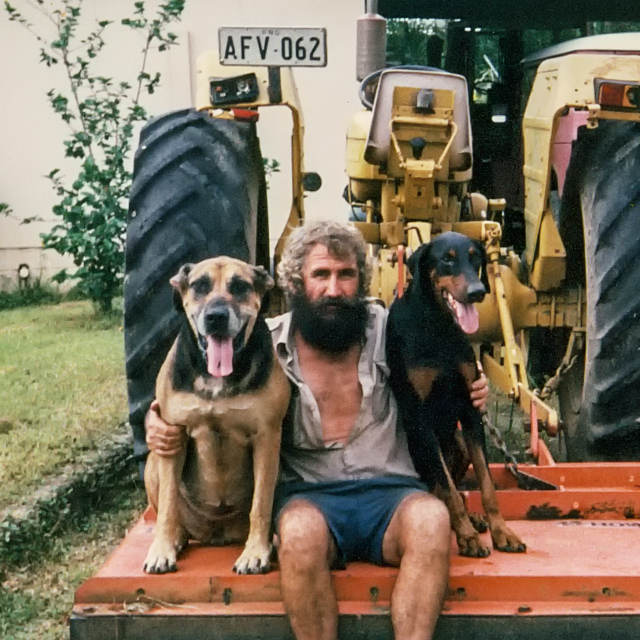Peter Goodenough Memorial Lecture 2014: Progress in schizophrenia - three stories
Description
After a century of uncertainty, in the past year there has been substantial progress in identifying the genetic basis of schizophrenia. There are three important stories. The first story is the unprecedented international collaborations that made these advances possible, and Australian research groups have been key participants. The second story is the findings themselves. The published work is exceptional, but yet larger studies are in progress and should provide far greater insights. The third story is the ways we can get beyond “finding genes” to “using genes” in order to improve diagnosis, treatment, and prevention.
Speaker
Dr Sullivan is a Distinguished Professor in the Departments of Genetics and Psychiatry at the University of North Carolina where he directs the Center for Psychiatric Genomics. He is also Professor at the Karolinska Institute in Stockholm, Sweden. He received his MD from the University of California, San Francisco in 1988 and completed a psychiatric residency at the University of Pittsburgh. He then moved to Christchurch, New Zealand where he became a Fellow of the RANZCP. After five years in Christchurch, he worked in the genetic epidemiology group of Ken Kendler at Virginia Commonwealth University. In 2003, Dr Sullivan moved to UNC where his lab investigates the molecular genetics and pharmacogenetics of schizophrenia, major depressive disorder, and anorexia nervosa.
He is a co-founder and the lead PI of the Psychiatric Genomics Consortium which has delivered considerable new knowledge about the etiology of psychiatric disorders.
About Peter Goodenough Memorial Lecture
 The Peter Goodenough Lecture is an annual lecture to honour the legacy of giving by Mr Peter Goodenough (1935 – 2004) and is supported by the Peter Goodenough bequest. It is to be given by a prominent speaker who will target the role and importance of philanthropy and science funding to biomedical research.
The Peter Goodenough Lecture is an annual lecture to honour the legacy of giving by Mr Peter Goodenough (1935 – 2004) and is supported by the Peter Goodenough bequest. It is to be given by a prominent speaker who will target the role and importance of philanthropy and science funding to biomedical research.
The bequest, which included funding for a research laboratory is a showcase example of how members of the community can make a powerful and lasting contribution to the future health of all Australians. Mr Goodenough resolved to ensure his personal wealth would be directed to fighting MND, even though he knew he would personally not benefit from the research.
